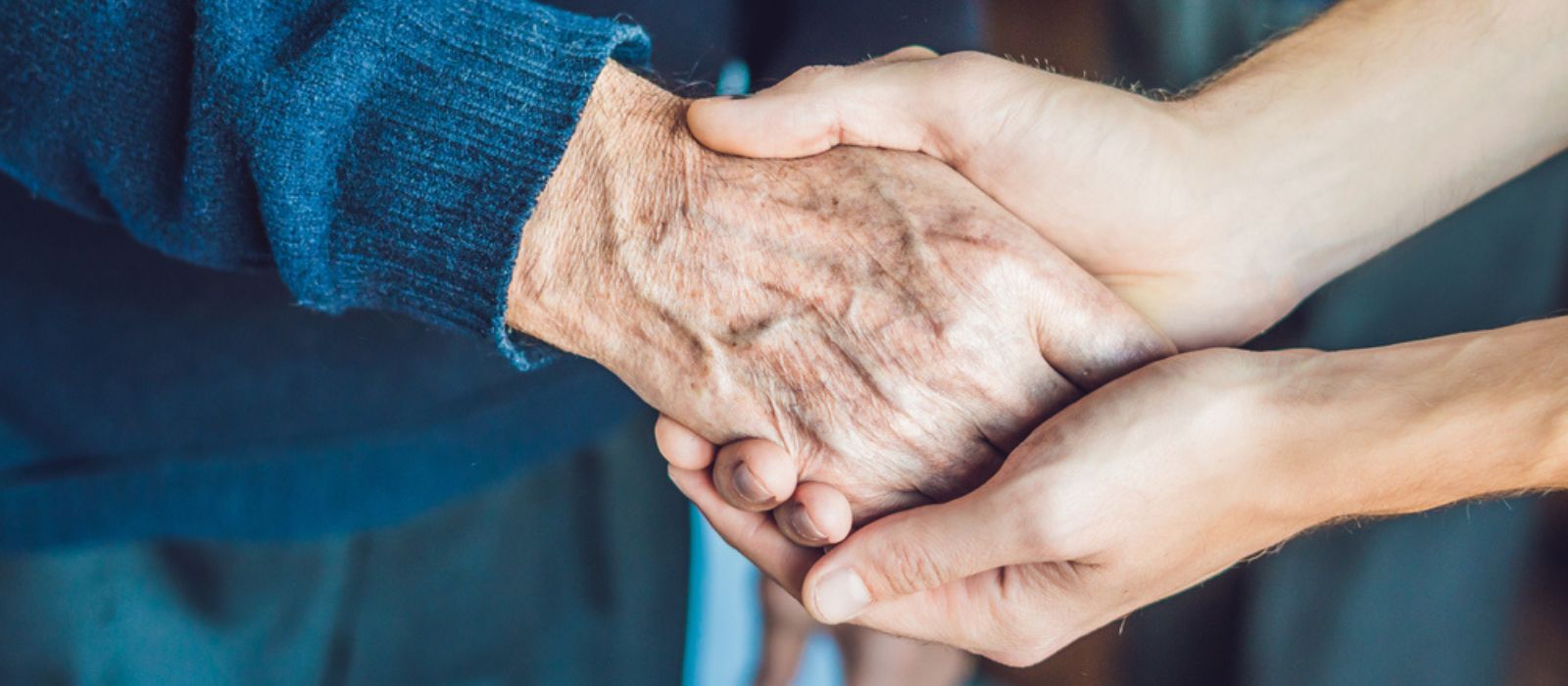Elder Abuse
Elder abuse is a contemporary issue that, given the projected demographics, is expected to intensify over the coming years.
By 2031, one in four people living in Ottawa will be over 65 years old, with the largest cohort of this demographic being between 79 and 84 years.
The Ottawa Police Elder Abuse section is staffed by specialized police officers who investigate all allegations of elder abuse (including vulnerable adults 18 years and over). They investigate situations where there is a relationship of trust or dependence between the victim and their abuser. The Intimate Partner Violence unit investigates cases of domestic violence.
A vulnerable adult is considered any adult who depends on others to meet everyday needs because they have a mental illness or developmental disability and require long-term or indefinite care due to age or medical condition.
Elder abuse investigators work closely with front-line workers to educate them and the public to help raise awareness of elder abuse and support for seniors in Ottawa.
They also work in partnership with the Ottawa Police Victim Support Unit (VSU), which provides information, crisis counselling and resources to vulnerable persons and victims of elder abuse.
If a senior or vulnerable person is in immediate danger, please call 911.
To file a report about elder abuse, please call our Police Reporting Unit at 613-236-1222, extension 7300 or report online.
If anonymity is a concern, please Crime Stoppers at 1-800-222-8477.
To speak with someone in the Elder Abuse section, you can call 613-236-1222, extension 2400. Please note this is a non-emergency information line.
We have access to language services 24/7, and the VSU and other community partners have access to numerous resources that can assist members of marginalized communities.
Download our Elder Abuse information pamphlet:
|
Why does Elder Abuse happen? |
||||||||
|
Elder abuse is the result of someone having power and/or control over a senior, and the individual uses their power for their own interests. Abusers are often family members who are dependent on the senior for money or shelter. Abusers may have financial or addiction issues, experience chronic unemployment, and may possibly have mental health problems. Most victims are mentally competent and capable of making decisions on their own. |
||||||||
|
What are the different types of abuse? |
||||||||
|
Physical abuse (including sexual assault) is any act of violence causing or intending to cause bodily harm or physical discomfort. Signs to look for: unexplained injuries, unusual bruising and/or doctor shopping. Psychological/Emotional abuse is any action or comments instilling fear or emotional anguish, or that diminishes self-esteem or dignity. Signs to look for: fear of certain individuals, abuser speaking for the senior or not giving the senior privacy when company visits. Financial abuse is any theft or exploitation of someone's money, property or assets. It should be noted that unless there is a relationship of trust or dependency between the victim and the abuser, all frauds and scams against seniors are investigated by the Ottawa Police Fraud Section. Signs to look for: overdue bills, unusual banking activity, missing mail, and seniors' standard of living not in keeping with income or assets. Neglect, either intentional or unintentional, is a lack of attention resulting in inadequate supervision and failure to provide the basic and essential needs required. Signs to look for: unhealthy living conditions and unkempt appearance. |
||||||||
|
Why is Elder Abuse so rarely reported? |
||||||||
|
Victims are often...
Family, friends, and service providers...
|
Resources:
- Council on Aging of Ottawa
- Nepean, Rideau and Osgoode Community Resource Centre
- Elder Abuse Prevention Ontario
- Information about Long-Term Care homes in Ontario
- Senior Crime Stoppers
- Community Legal Education of Ontario
- Advocacy Center for the Elderly (ACE)
- Home and Community Care Support Services
- Canadian Anti-Fraud Centre
- Consumer Protection Ontario
- Consent and Capacity Board
- Office of the Public Guardian and Trustee
- Retirement Homes Regulatory Authority
- Ministry for Seniors and Accessibility


